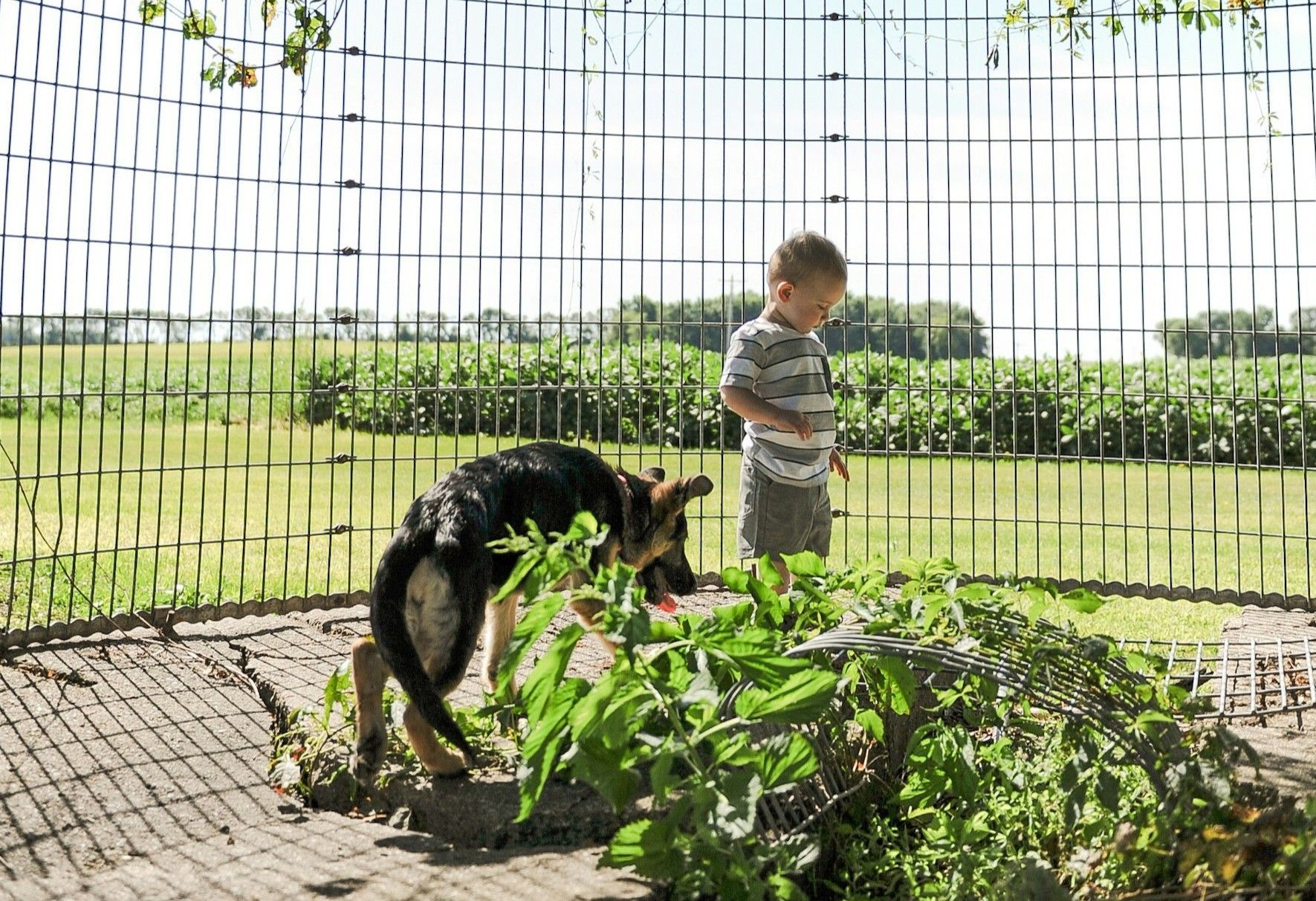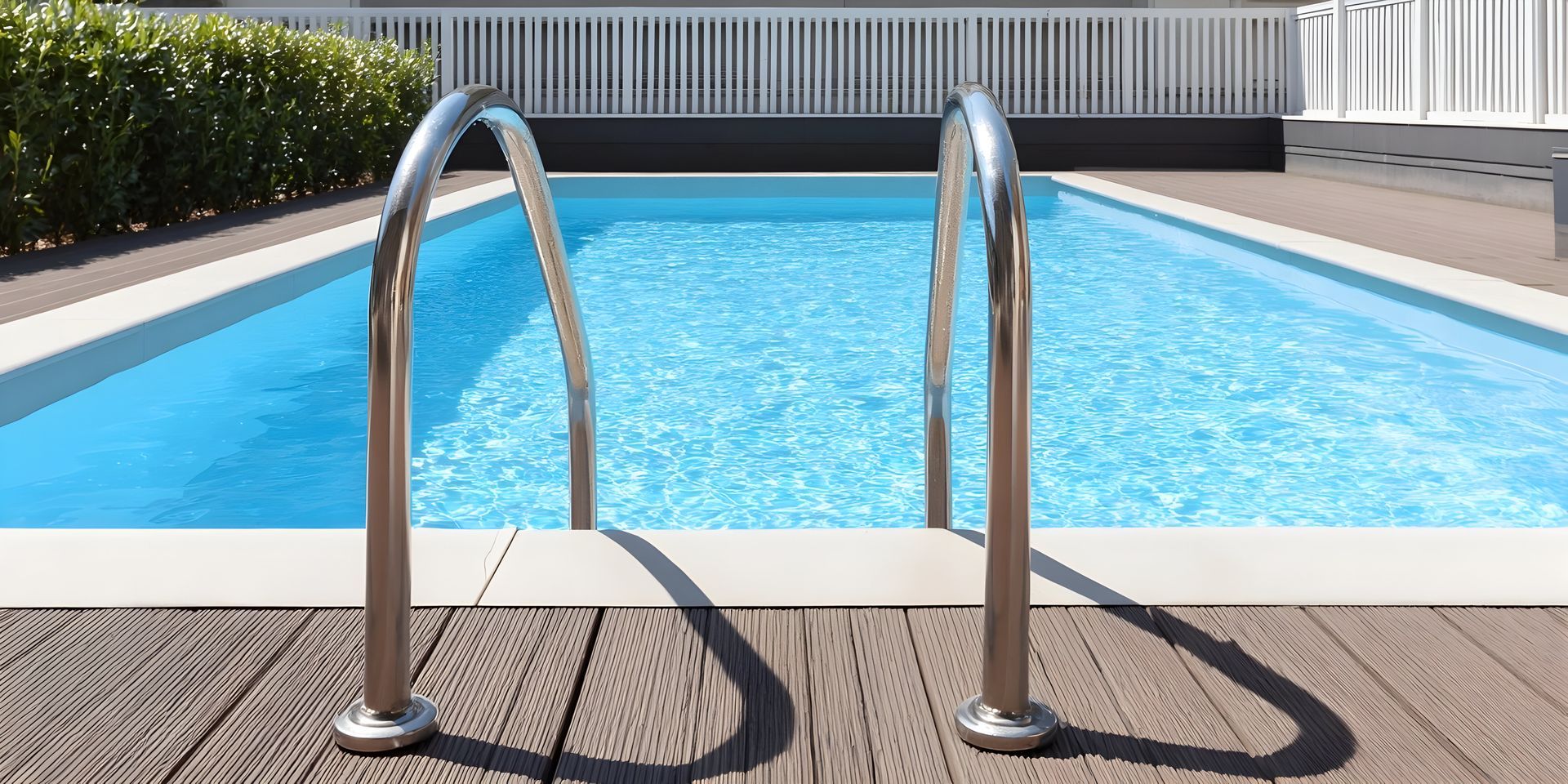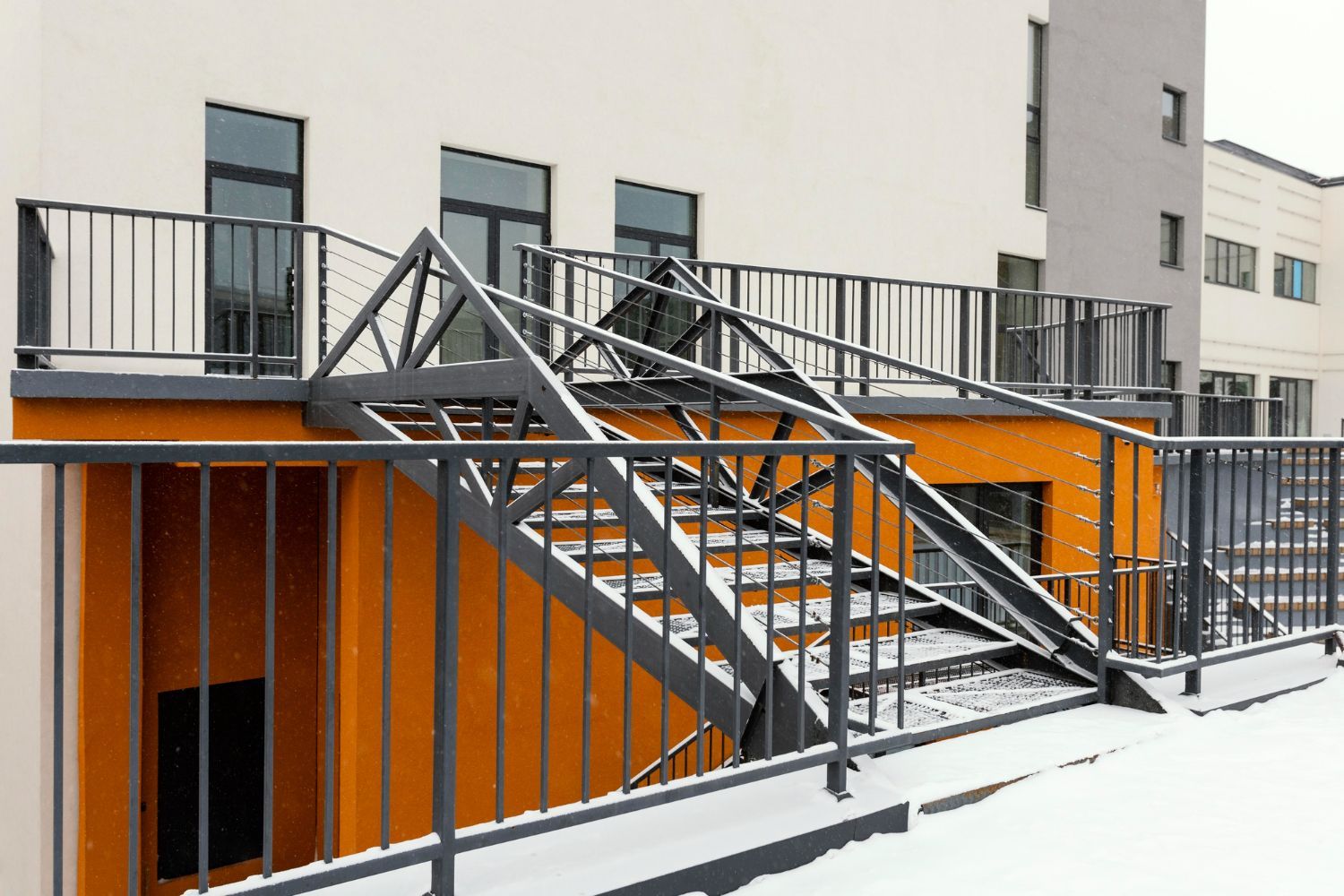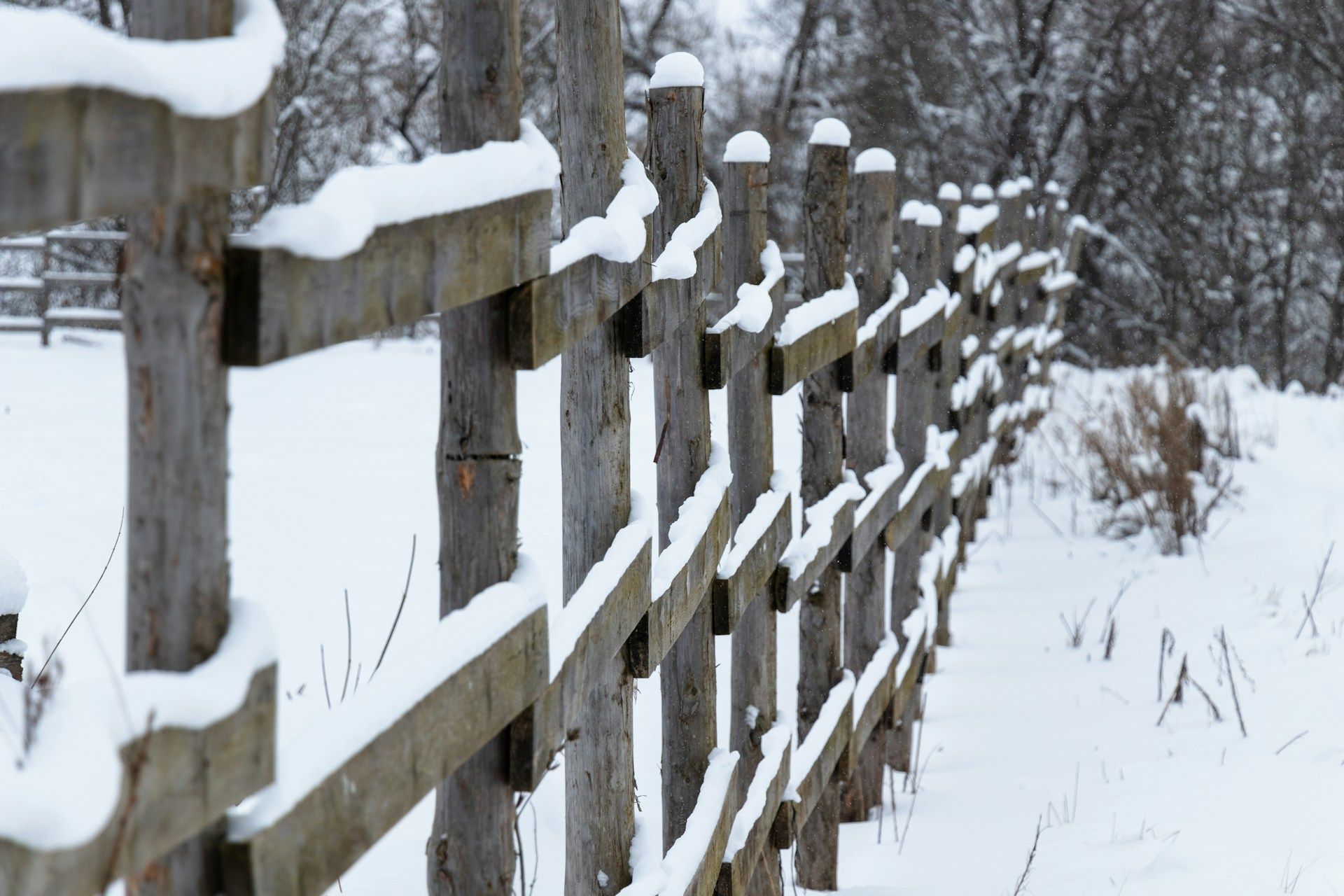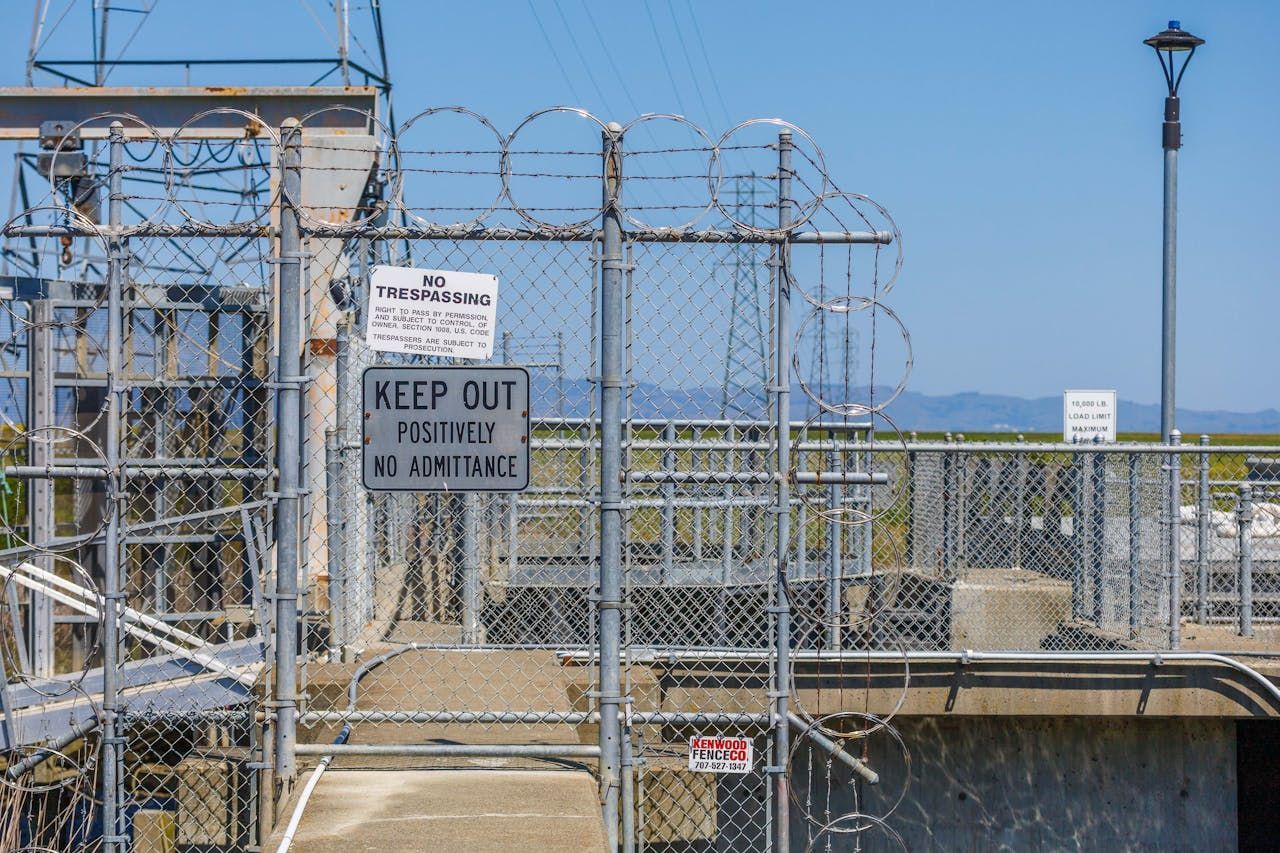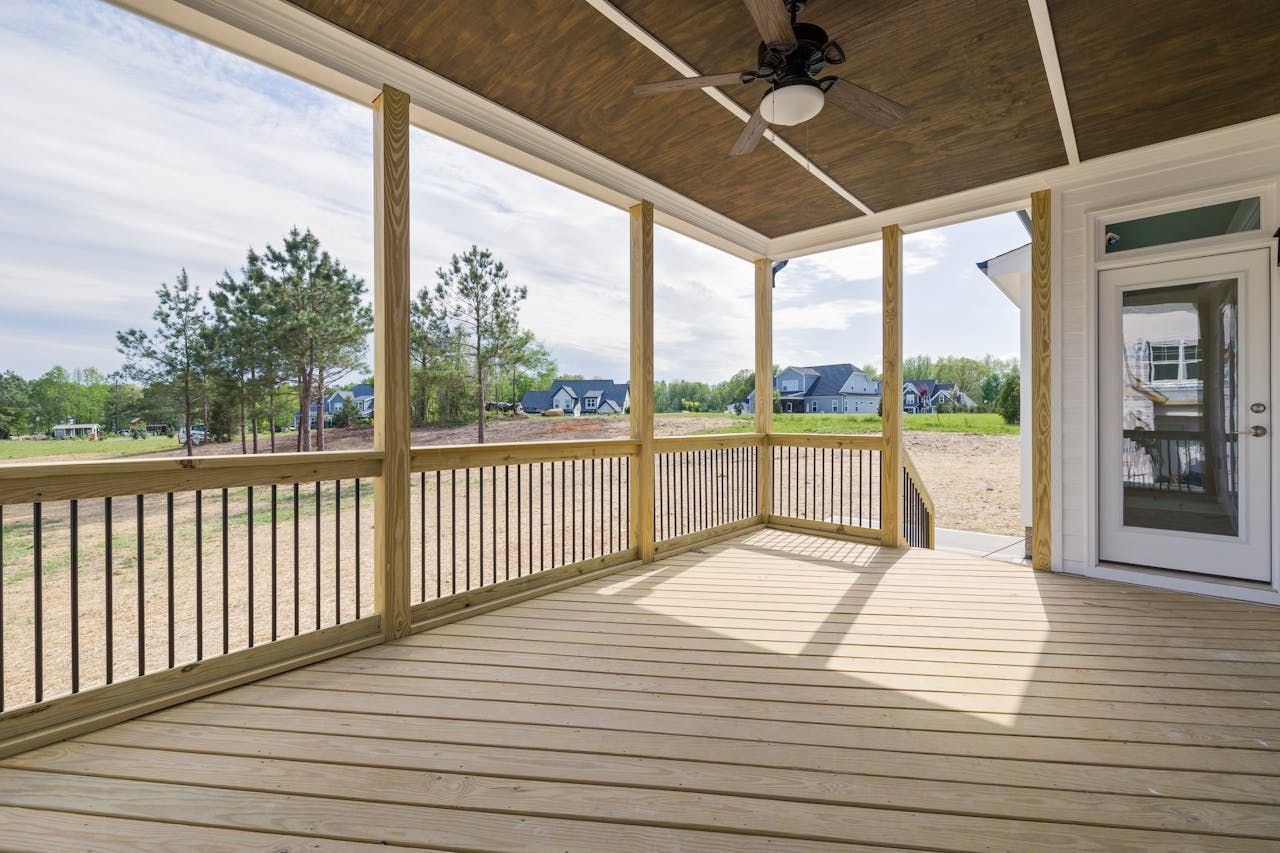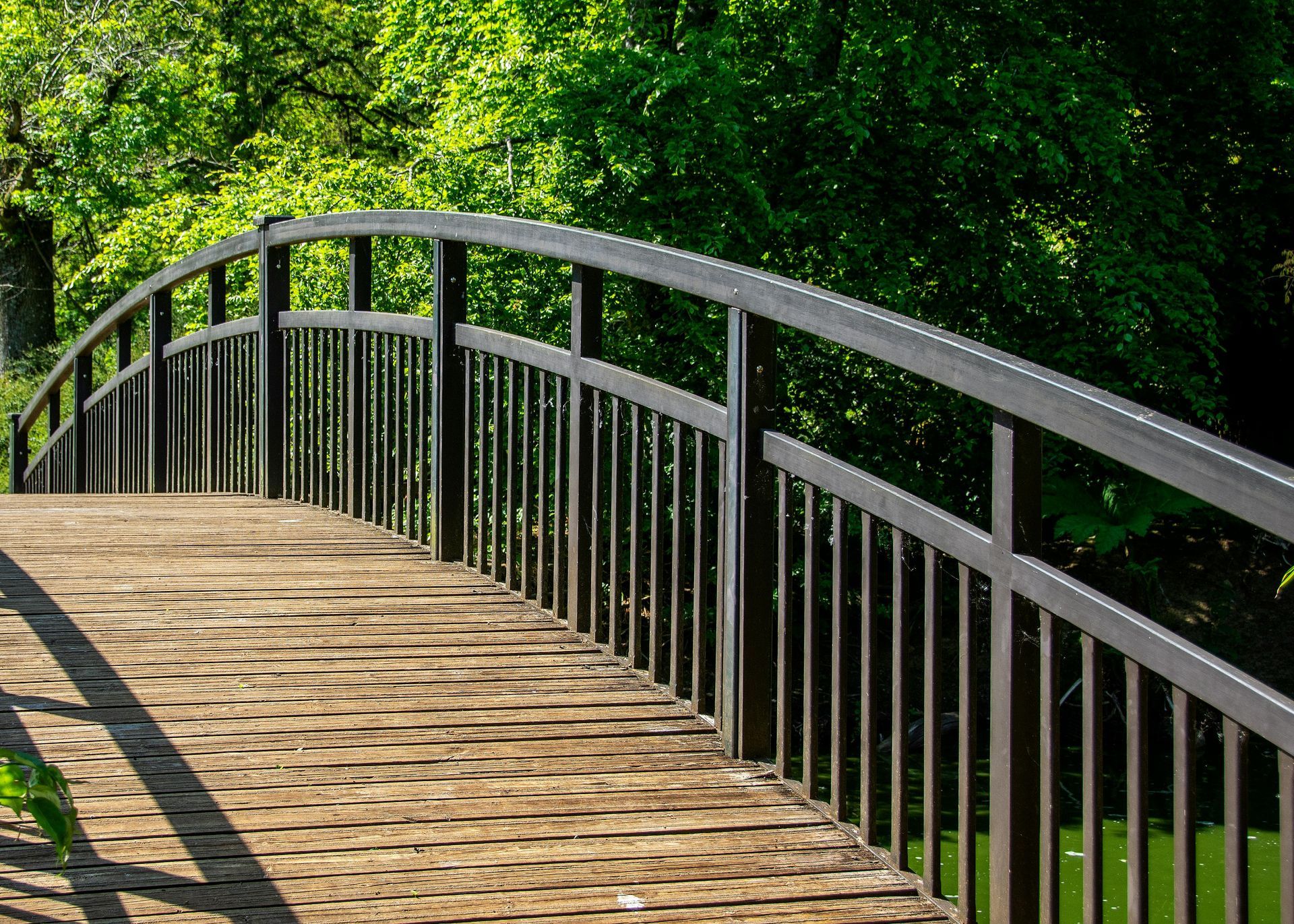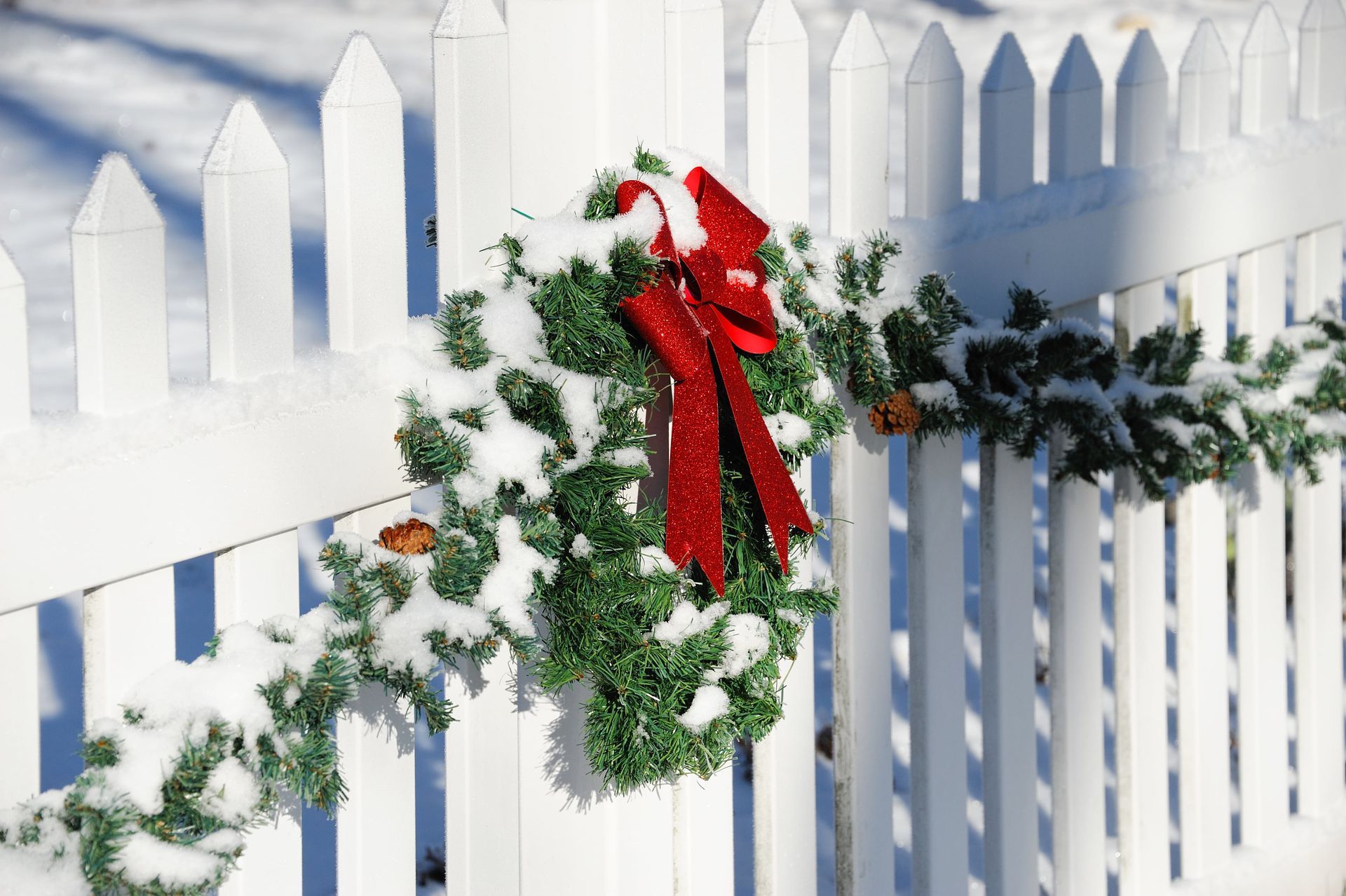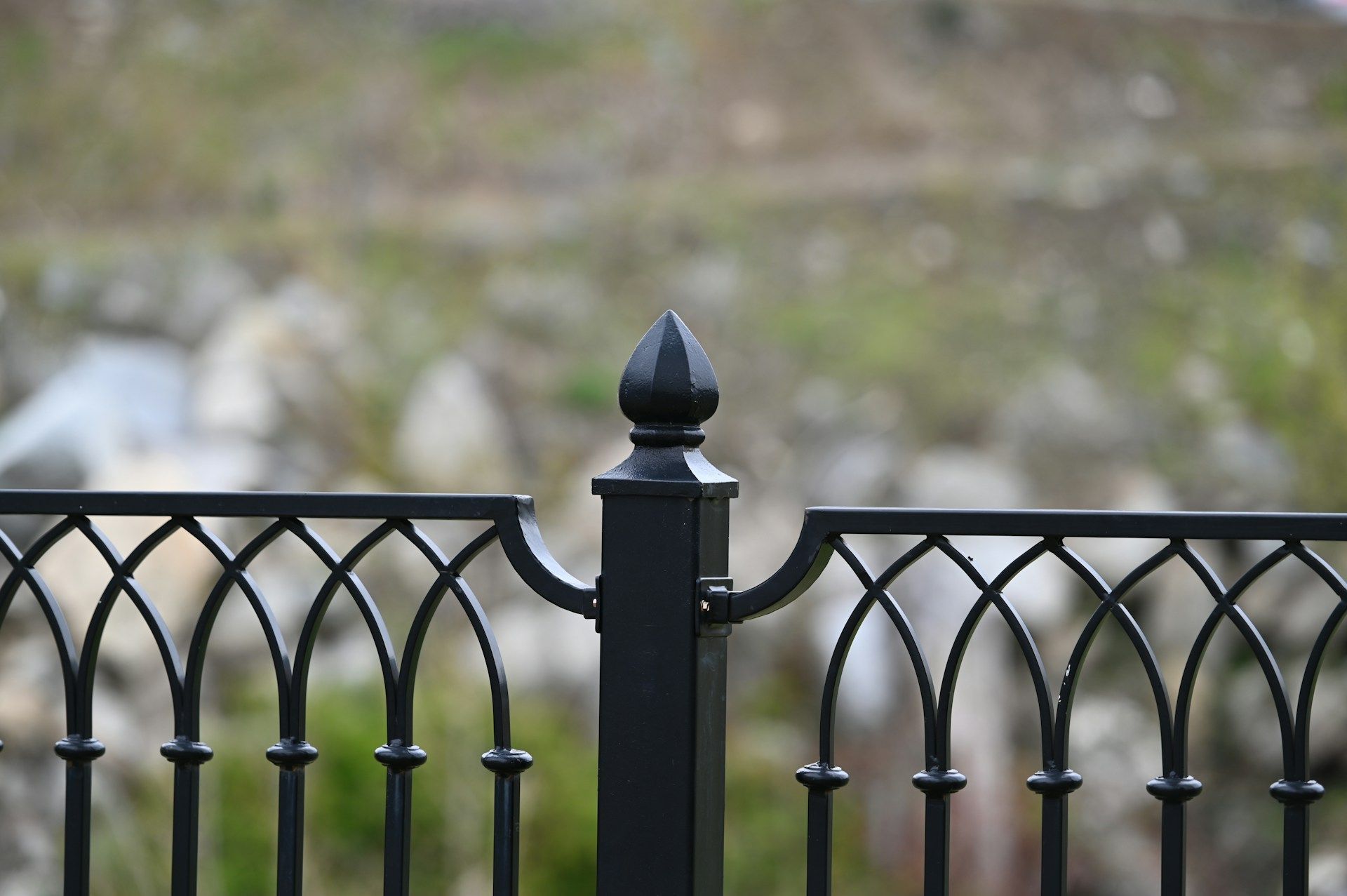Making a Splash, Safely: Understanding Pool Fencing Bylaws and Key Safety Measures in State College
POOL FENCING RULES AND GUIDELINES IN STATE COLLEGE
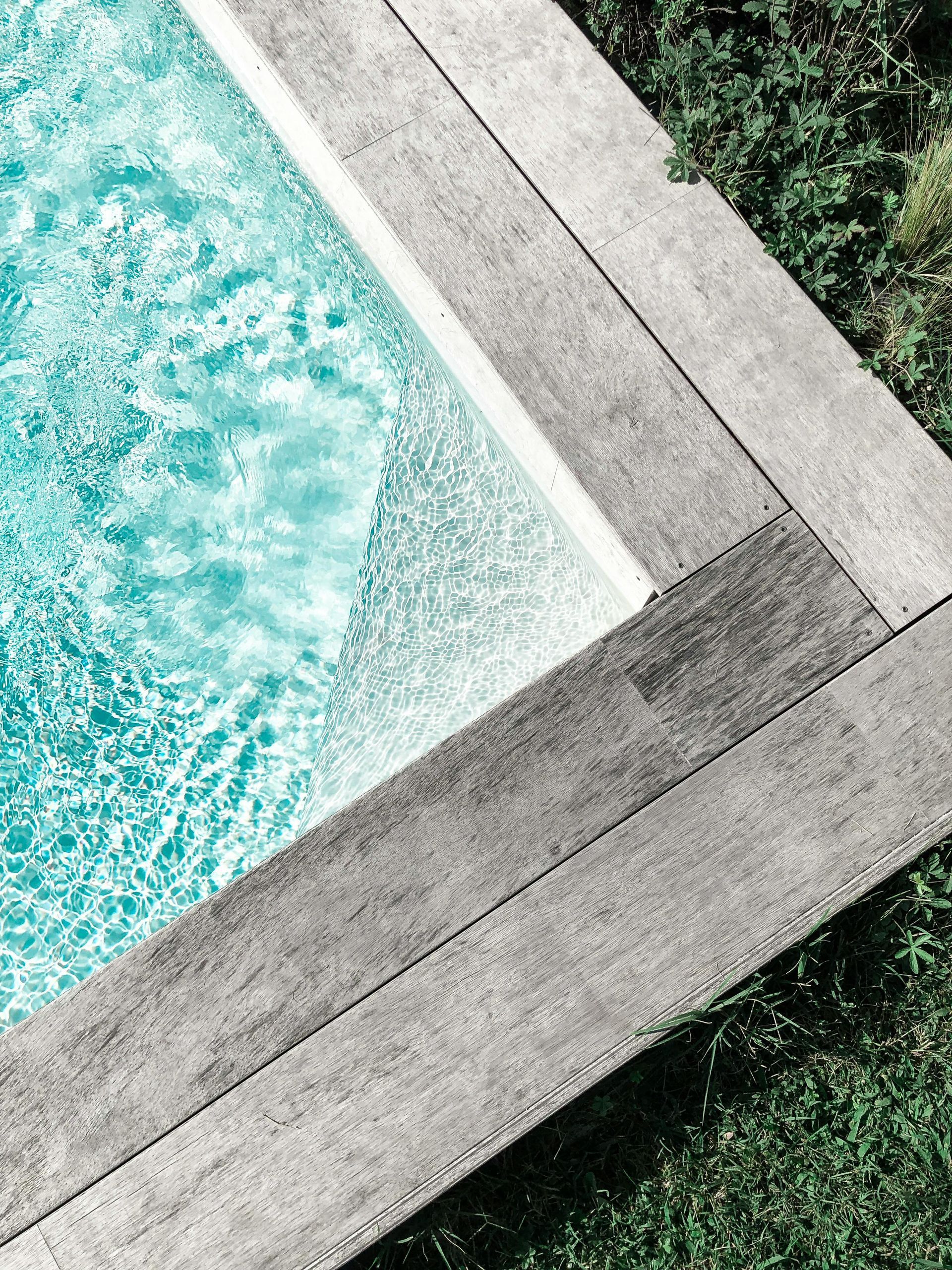
For many homeowners in State College and the surrounding Central Pennsylvania communities like Boalsburg, Bellefonte, Harrisburg, Spring Mills, and Centre Hall, a backyard pool is the ultimate summer amenity. It promises endless fun, relaxation, and a refreshing escape from the heat. But with that joy comes a significant responsibility: ensuring the highest level of safety, especially when children and pets are around. This is where understanding pool fencing bylaws and implementing additional safety measures becomes absolutely critical. At Rolling Acres Fencing, we're not just about building fences; we're about building secure environments. Let's dive into what you need to know to make your State College pool a safe haven.
The Foundation: Pennsylvania's Uniform Construction Code (UCC) and Local Bylaws
In Pennsylvania, pool fencing is not just a suggestion; it's a legal requirement governed by the Uniform Construction Code (UCC), specifically Act 45 of 1999, which mandates certain standards for all new construction and renovations, including pools. This state-level code sets the baseline for safety, but individual municipalities like State College Borough often have their own specific bylaws that may add further requirements.
Here’s a general overview of what these bylaws typically require for pool fences in State College and similar areas:
- Minimum Height: Your pool fence must typically be at least four feet (48 inches) high, measured from the ground level on the exterior side of the fence. Some local ordinances might even specify five feet (60 inches) or more. This height is crucial to prevent young children from easily climbing over.
- Gate Requirements: This is a critical safety point. All gates providing access to the pool must be:
- Self-Closing: They must automatically swing shut and close after being opened.
- Self-Latching: They must automatically latch securely once closed.
- Outward-Swinging: Gates should always open away from the pool area to create an additional barrier if a child pushes against it.
- Latch Height: The latch mechanism often needs to be at a specific height (e.g., at least 54 inches from the ground) or positioned on the pool side of the gate, preventing young children from reaching it.
- No Gaps or Openings: The fence design must prevent passage of a spherical object larger than a certain diameter (often 4 inches for ground clearance and 1.5 inches for openings within the fence itself), ensuring a small child cannot squeeze through. For chain-link fences, the mesh size usually cannot exceed 2 inches.
- Non-Climbable Zone: Fences should be designed to prevent easy climbing. This means any horizontal structural members (like rails) are typically located on the inside of the fence, limiting handholds for someone trying to climb from the outside. If horizontal members are on the outside, there are often strict limits on their spacing (e.g., at least 2 feet apart).
- Permit Requirements: It's vital to remember that installing a pool – and its accompanying fence – almost always requires a building permit from your local municipality (e.g., Centre Region Code Administration for State College Borough). This process includes submitting plans and undergoing inspections to ensure compliance before the pool can be filled and used.
At Rolling Acres Fencing, we are thoroughly familiar with both the Pennsylvania UCC and specific State College pool fence bylaws. We handle the complexities of these regulations, ensuring your fence is not only compliant but also professionally installed for maximum safety and durability.
Beyond the Bylaws: Essential Pool Area Safety Measures
While a compliant fence is the foundation, a truly safe pool environment involves multiple layers of protection. Consider these additional safety measures for your State College backyard:
- Door Alarms on House Access: If your house forms one side of the pool enclosure, any doors leading directly from the dwelling to the pool area should be equipped with alarms. These alarms should sound audibly throughout the house for at least 30 seconds when the door is opened, alerting adults to unauthorized access.
- Secure and Remove Ladders/Steps for Above-Ground Pools: For above-ground pools, any ladders or steps providing access should be secured, locked, or removed entirely when the pool is not in use. This prevents accidental entry, especially by curious children or pets.
- Pool Alarms: Consider installing a pool alarm that detects surface motion or submersion. These devices can alert you if someone unexpectedly enters the water, providing a crucial secondary layer of detection.
- No Climbing Aids Near the Fence: Keep outdoor furniture, toys, planters, or any other objects that could be used as climbing aids away from the perimeter of your pool fence. A clear zone around the fence maintains its effectiveness as a barrier.
- Designate a "Water Watcher": When the pool is in use, always have a designated adult whose sole responsibility is to actively supervise swimmers, especially children. This person should avoid distractions like cell phones or reading.
- Swim Lessons and CPR Training: Encourage everyone in the household, particularly children, to take swim lessons. Additionally, knowing CPR (Cardiopulmonary Resuscitation) can be life-saving in an emergency.
- Rescue Equipment: Keep essential rescue equipment, such as a life-saving ring with a rope or a shepherd's hook, readily accessible near the pool.
- Chemical Safety: Store pool chemicals securely in a locked, well-ventilated area, out of reach of children and pets. Always follow manufacturer instructions for handling and storage.
- Clear Pool Rules: Establish and consistently enforce clear rules for pool use, such as no running, no diving in shallow areas, and never swimming alone.
Rolling Acres Fencing: Your Partner in Pool Safety and Compliance
Creating a safe and enjoyable pool environment is a significant undertaking, but you don't have to navigate the bylaws and safety measures alone. At Rolling Acres Fencing, serving State College, Boalsburg, Bellefonte, Harrisburg, Spring Mills, and Centre Hall, we specialize in installing high-quality, compliant pool fences that provide robust security without sacrificing aesthetics. Whether you choose the durability of vinyl, the classic appeal of wood, the sleek look of aluminum, or the practicality of chain-link, we ensure your fence meets all state and local regulations.
Invest in the ultimate peace of mind for your family and guests. Contact Rolling Acres Fencing today for a consultation on pool fencing bylaws and to explore the best options for securing your backyard pool. Let us help you build a safe, beautiful, and worry-free swimming haven for years to come.

